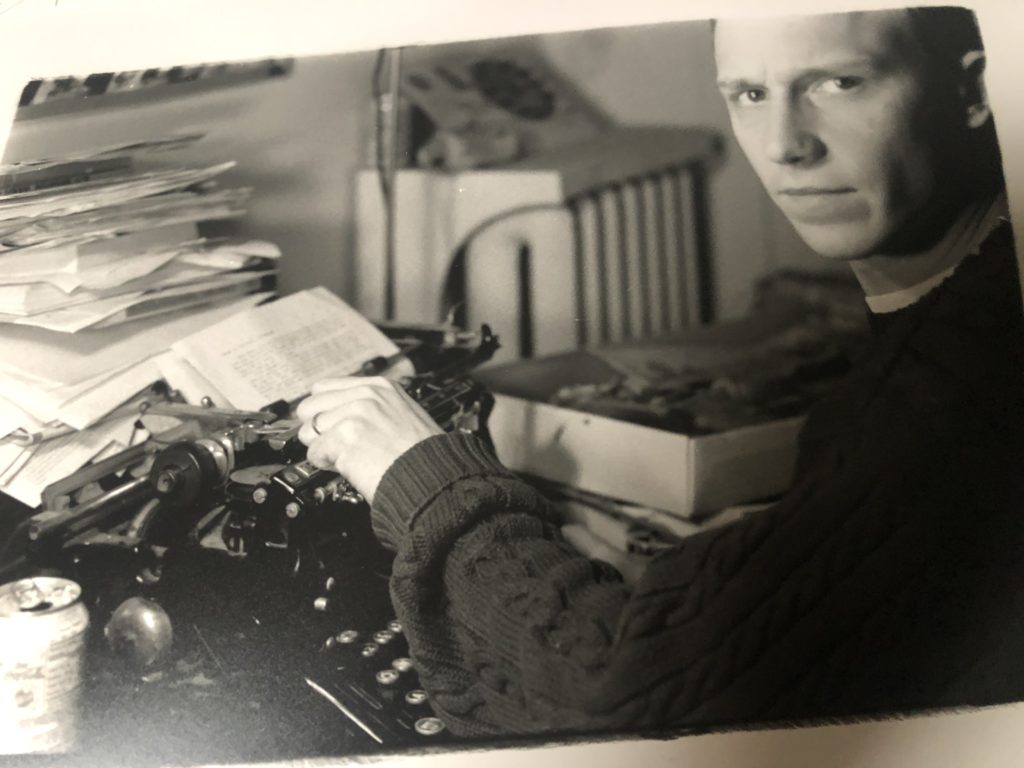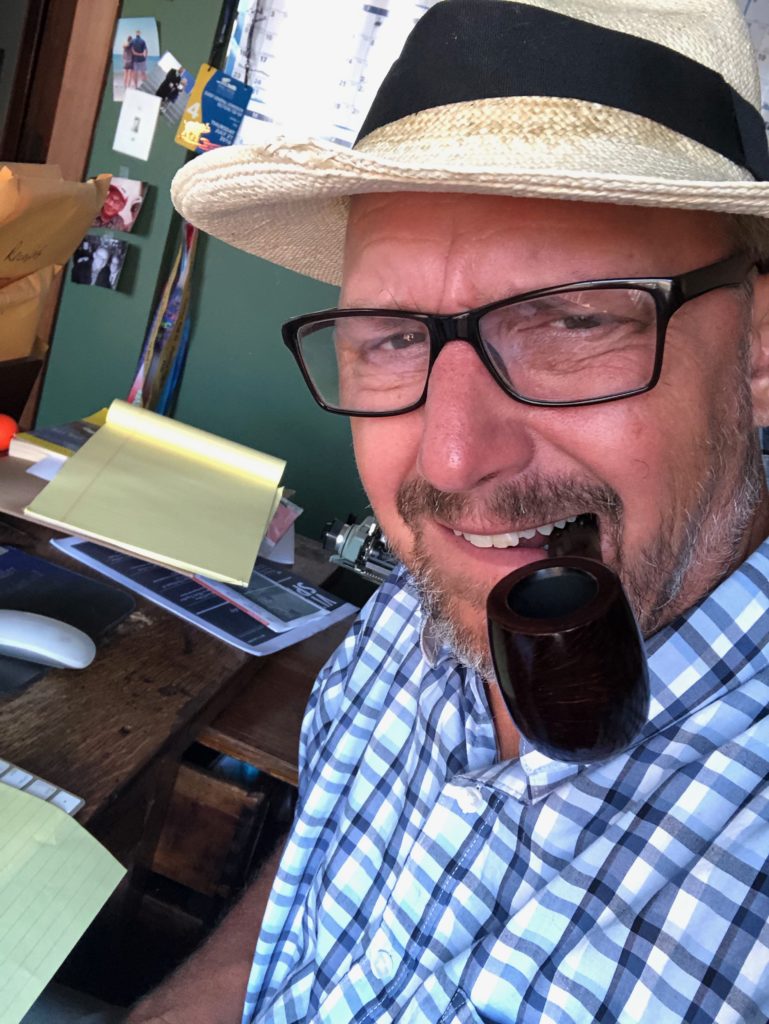When I was in my twenties, in the mid-1990s, I attended a conference of the Public Relations Society of America at which one of the events was the awarding of a lifetime achievement award for excellence in PR education to one Scott Cutlip.
Cutlip wrote one of the first texts on PR in the early 1950s.
He believed that PR could be dangerous to society:
“Public relations strategies and tactics are increasingly used as weapons of power in our no-holds-barred political, economic, and cause competition in the public opinion marketplace, and thus deserve more scholarly scrutiny than they have had.”
And he also believed that PR, practiced by well-meaning and smart people could be a force for good, and in fact already had been:
“The impact of public relations counseling can be seen … in the more socially responsible business leadership that emerged in the wake of the Depression and the New Deal.”
In accepting the award at the PRSA conference, Cutlip lamented that he was once “the angry young man of public relations,” but at some point that he’d failed to notice along the way, he’d become “the grumpy old man of public relations.”
I feel a little like that, as I prepare to deliver a virtual speech to the PRSA conference a week from today, titled: “What Communicators Think We Know, and What We Need to Teach the World.” I get the nervous sense that the response to that session will tell me where the communication world sees me and my ideas, at this stage in its life, and in mine.


As I’ve worked and reworked the speech, I’ve been tempted to make it less directly challenging, more gently persuasive, more positively reinforcing.
But you do get to a point in a career like mine when you remember being young yourself, and needing an elder to tell you how incredibly useful your work can be in the world, if only you will do it with your whole mind and soul.
And the only way to tell a person that, of course, is with your own whole mind and soul.
So I’m going to give an old fashioned speech, the best way I know how. I’m going to give the kind of speech I needed to hear, when I was young—and one clearly somehow did find ways to hear, from various people—beginning with my writer parents and continuing through too many others to count in college and in my early years writing for Larry Ragan and the people he hired as writers and seminar teachers. And Scott Cutlip, eventually.
They’re the reason I’ve been thrashing around for 30 years in the acquired and always dubious faith that communication is a pursuit worthy of one’s whole life—not a means to another end, the meaning of life itself: An effort to understand.
And if the 50, 100, 200 or 300 people who attend my virtual session don’t receive my message in the loving and sincere spirit it’s intended? What if they take me to be a middle-aged mansplainer? What if they simply disagree with my premise that communications people can and should do more with their skills than they’re doing?
For that, I lean on my own first communication mentor, Carol Calloway Murray. Mom liked to say in such situations, “Well, fuck them if they can’t take a joke.”
***
Note: No blogging the rest of the week, as I’m taking my first business trip since early 2020, to teach at a speechwriting class at the University of Virginia, and to learn at the Leadership Communication Council meeting at the school’s Darden School of Business. Back next week—full of beans, I hope. —DM
Leave a Reply